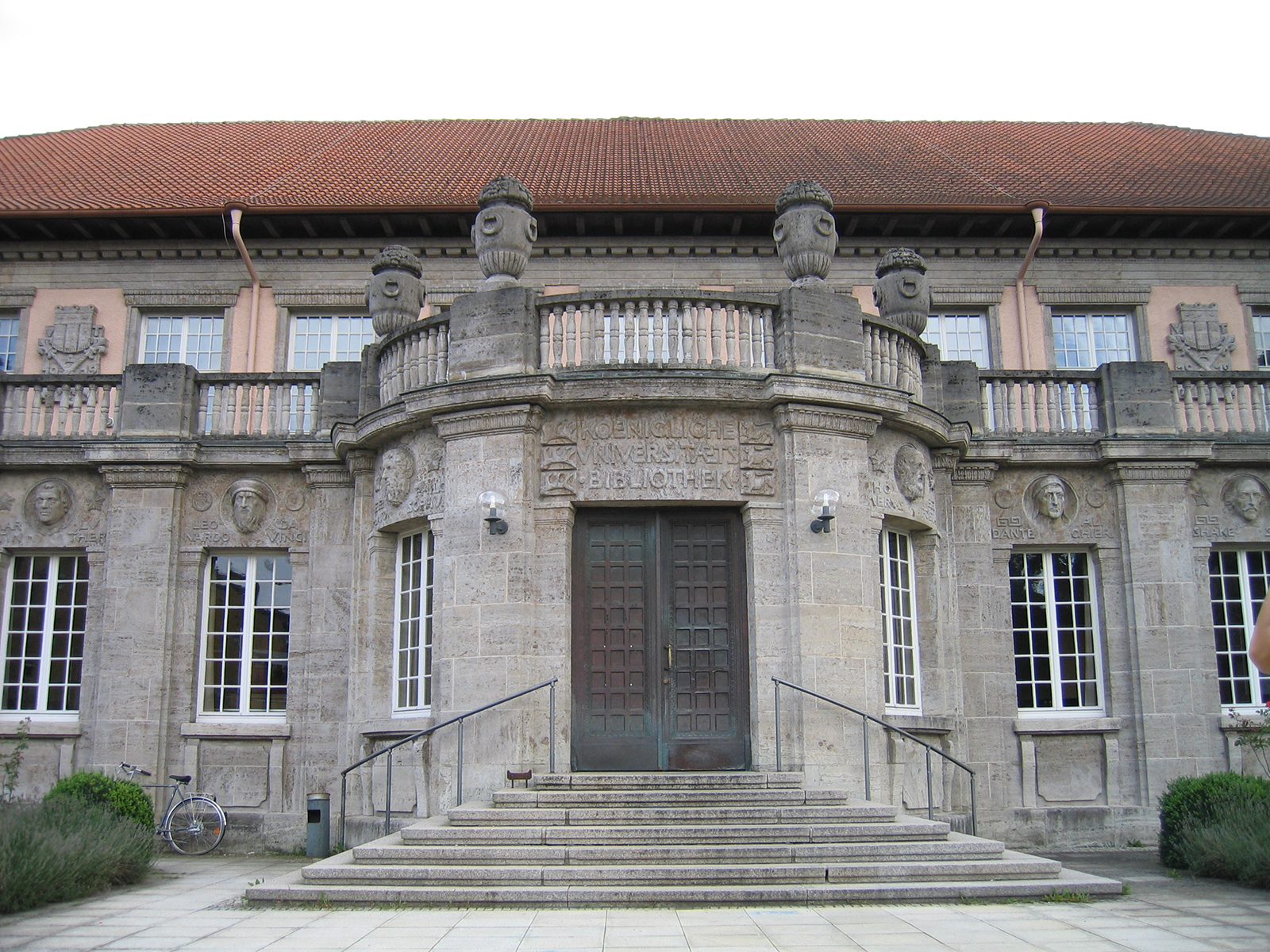University of Tübingen: A space for artificial intelligence in the middle of the city
“Learn, experiment, discuss and have fun” – that is the motto of the new KI Makerspace in the rooms of the Casino am Neckar in Tübingen’s city center. The KI Makerspace is an extracurricular learning location where children and young people can gain their first experience with programming and artificial intelligence (AI) in courses and supervised experimentation, as well as realize their own projects with software and hardware.
The KI Makerspace also invites you to examine the modes of operation, techniques, applications and social effects of AI. From January 28, 2022, structured programming courses, software and hardware, competent support and space for your own project ideas as well as opportunities for discussions on the subject of AI will be offered on almost 250 square meters on the first floor of the casino directly on the Neckar. The spectrum of courses ranges from scratch and python courses to design software, podcasting and internet security. Robotics and sensor kits are also planned. The aim is to establish a diverse, low-threshold and target group-oriented offer for young people.
“With the KI Makerspace, Tübingen has a central location where children and young people can deal with the opportunities, but also the limits of artificial intelligence under professional guidance. This is a great benefit for our city as an education and business location. I look forward to the discussions and projects that will come from the KI Makerspace, and thank everyone involved for their commitment, ”says Mayor Boris Palmer.
The KI-Makerspace is a joint project of the University of Tübingen, Cyber Valley Public Engagement, the Tübingen Youth Council and the Federal Artificial Intelligence Competition (BWKI) of the Tübingen AI Center. It is funded by the Vector Foundation Stuttgart for three years.
“Artificial intelligence is anything but a dry technical subject, but a topic with many social facets, which not least also offers young people enormous career opportunities,” says Prof. Dr. Philipp Hennig, Cyber Valley co-speaker and professor for machine learning methods at the University of Tübingen. Since the way to the university building is out of the question for many young people, he considers it crucial “that we have succeeded in creating a learning space here in the heart of urban society, in which one can also meet and discuss informally. “
In preparatory workshops with the Tübingen youth council, the young people also wanted the opportunity to do more traditional manual work with wood, screen printing and electronics. In addition to workplaces and soldering stations, the young people have their own servers, a 3D printer, a 3D camera system, a podcast studio, but also a kitchen for joint cooking activities and a “living room” for science fiction film evenings stand. A large roof terrace for social activities in summer rounds off the attractiveness of the KI Makerspace.
The initiators and coordinators of the KI-Makerspace, Patrick Klügel (Cyber Valley Public Engagement), Dr. Caroline Schmidt (BWKI) and the Tübingen Youth Community are relying on a strategy in which the young people can actively participate and take on responsibility. This applies both to the implementation and design of the project, in which the young people were involved from the start, as well as to the pedagogical approach, in which the learners increasingly become teachers.
The KI Makerspace will be open four days a week in the mornings and afternoons from January 28, 2022. Further information is available on the website www.ki-maker.space . Interested parties can also register there for a mailing list in order to receive updates.
December is a special month for Cyber Valley: The research consortium was founded in the Stuttgart-Tübingen region five years ago. Cyber Valley as an internationally renowned hotspot for AI has grown successfully in the areas of research and innovation in recent years: new professorships have been created within the ecosystem, nine Cyber Valley research groups have been founded, and a start-up and investor network has been established. In March 2021, the Cyber Valley Public Engagement formats also started – with the aim of enabling more accessibility and exchange between society and AI researchers.

